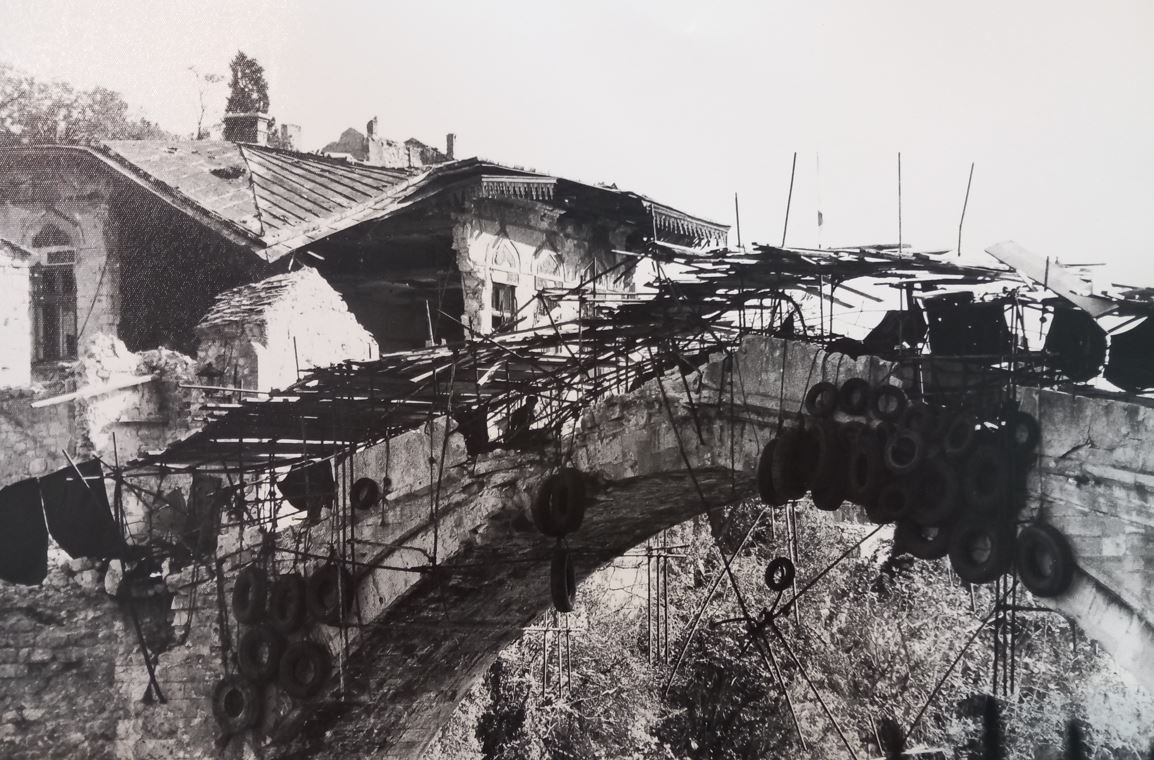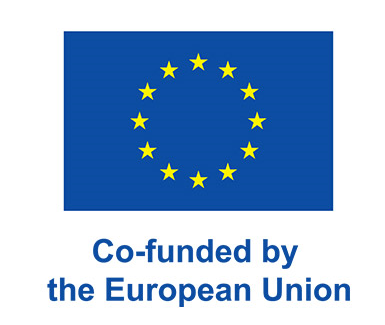Desk research on revitalization of cultural heritage affected by war

This publication is the result of the work of six organizations brought together by the Creative Europe project Responding to trauma and to cultural heritage destruction: Apoteka – Space for Contemporary Art (Croatia), BLOCKFREI (Austria), Documenta – Center for Dealing with the Past (Croatia), Faculty of Political Sciences, University of Zagreb (Croatia), The History Museum of Bosnia and Herzegovina (BiH), and Stan (Ukraine).
This publication serves as an introduction to the specific contexts of Austria, Bosnia and Herzegovina, Croatia, and Ukraine with regard to the targeting, damaging, and destruction of cultural heritage during war. The desk research spans from the Second World War, through the 1990s wars in the former Yugoslavia, to the ongoing war in Ukraine. The broad scope of the research reflects the universality of the topic — post-war trauma, the destruction and revitalization of cultural heritage are transnational issues shared by many countries and their citizens. Because the challenges of peacebuilding and reconciliation are complex and difficult to face, a transnational response is crucial in addressing these issues. Such a response allows for the exchange of practices that have been successful in various post-war contexts. Through the presented cases of cultural heritage revitalized after war, this publication maps current practices of trust-building and community development.
Authors: Tena Banjeglav, Diana Todorova, Nevena Janković, Elma Hodžič, Yaroslav Minkin
Cover photos by Keith Michael Holmes, archive of Documenta - Center for dealing with the past
You can download the publication via the link below.
The publication is for non-profit purposes only. Reproduction, adaptation, translation or inclusion in new compilations is permitted, provided the source is acknowledged.
Funded by the European Union. Views and opinions expressed are however those of the author(s) only and do not necessarily reflect those of the European Union or the European Education and Culture Executive Agency (EACEA). Neither the European Union nor EACEA can be held responsible for them.

